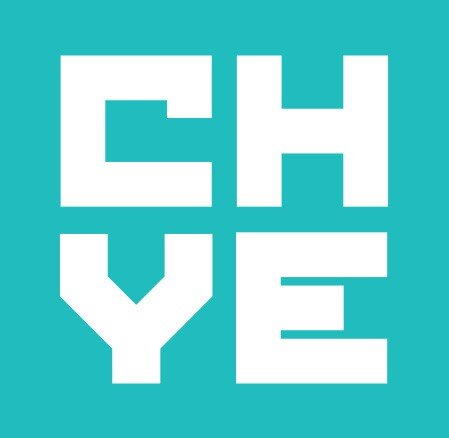Managing Risk
There are a lot of risks associated with running a business, so it is crucial that you have the right type of insurance coverage. This article also includes a worksheet that will help you figure out what coverage you need for your particular business.
INSURANCE
Insurance is purchased from an agent or broker. An agent represents one insurance company and offers only that company’s insurance lines. A broker may represent several insurance companies and may offer a wider range of coverage.
Competence of the agent or broker is important. Before selecting your agent or broker, ask other business owners for references. Ask them about the type of insurance they carry. Are they satisfied with claim resolutions? Are their insurance costs reasonable? Was their agent helpful with any claim issues? Were they comfortable discussing insurance issues with their agent? Was their agent willing to explain everything carefully?
The insurance company or carrier should also be a healthy business. Is the company stable? Are they rated? Check with your state Insurance Commission for information on the financial condition of the insurance company. There is also a book at the most public libraries called Best Insurance Company Ratings.
*CAUTION: Don’t buy based only on the cheapest price. If you don’t feel comfortable with your agent, or if the insurance company is a fly-by-night or poorly rated company, price will not make a difference when you have a claim.
Considerations
If your office is in your home, your homeowner or renter insurance does not cover business equipment, inventory or supplies. You may be able to add a special business endorsement to your homeowner or renter policy.
Elect replacement value on any property or equipment. Without this election, you may not receive enough money to replace a damaged or stolen item. Without replacement coverage, you will be paid for the current depreciated value, usually a much lower amount than replacement cost.
Record all of your insured property in writing and photographs. Also, keep copied of all receipts for insured property. Make two copies and keep lists and photos at separate locations or in a safety deposit box.
Ask about “Standard” or “Umbrella” policies. Some insurance companies offer these for different types of businesses. These policies can provide substantially more coverage for modest increases in premiums.
Paying insurance premiums once a year can use more cash than your business can afford. Ask about monthly, quarterly or semi-annual payments. There may be a small charge for this service, but cash flow is your focus.
TYPES OF INSURANCE
General Liability
Provides coverage for claims of property damage or personal injury resulting from general business operations. Example: Someone trips on your entry step and injures his or her back. As a result of this, the person is unable to work for three months.
Product Liability
Protects against claims of injuries or damages related to defects of products produced or sold by your business. Expensive and time-consuming to defend against.
Property Damage
Protects business property in the event of fires, vandalism, windstorms, hail, lightning, etc.
Workers’ Compensation
Required if you have employees! Provides payment of compensation benefits to injured employees of a business. Compensation may include partial wage replacement and payment of medical and rehabilitation costs.
Health and Medical
Provides coverage for medical expenses. High medical costs can bankrupt a business owner – it makes sense to provide coverage for yourself and your family. Group rates may be lower if you can provide coverage for your employees as well. Some states have access to health coverage for individuals and small business owners. Federal and some state laws require that if the business pays for health insurance for the owner, it must pay for employees. If you only have health coverage for yourself and/or your family, pay your personal health insurance with your personal income by writing a personal check, not a business check.
Disability or Long-Term Income Continuance
Provides income replacement for you if you are unable to work due to illness or injury.
Key Person or Life Insurance
Provides coverage in case of disability or death of the business owner or key person in the business. You are typically the key person.
Business Interruption
Provides coverage in the event business activity is stopped by an unforeseen event. Covers lost income and extra expenses caused by the event. Usually defines income as the difference between normal income and actual income earned during the interruption.
BONDING
Your business may be required by statute to be bonded, or it may be more desirable for your customers if you are bonded. If you are required to be licensed to do business in your state, check with your licensing authority. Also check with your attorney.
A bond is a contract similar to an insurance policy. It provides protection for the consumer against financial loss caused by an act or default of your business.
Surety bonds guarantee performance assumed by a contract or imposed by law.
Fidelity bonds guarantee against loss due to dishonesty of employees.
To find a bonding company, ask another business owner for a referral, talk with your insurance agent for referrals, or check your phone book for bonding companies.
